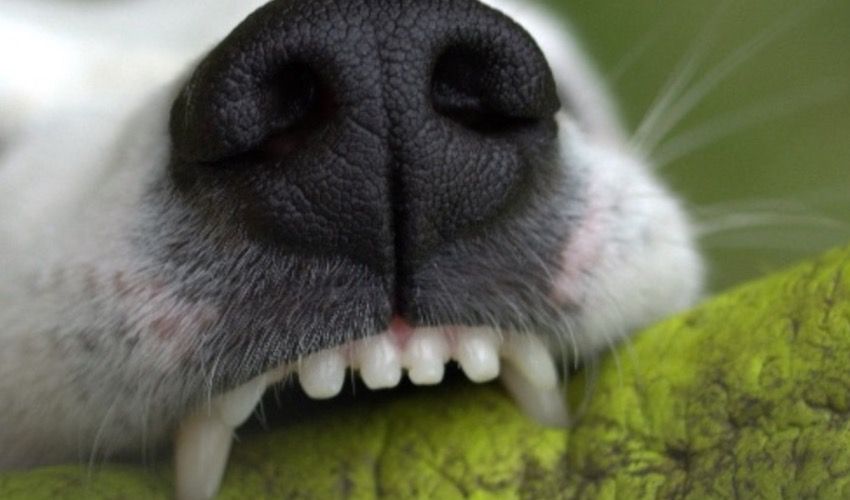

Youngsters are being advised to learn the signs of an unhappy pup after the number of Jersey children admitted to A&E due to dog bites soared to its highest level in recent years.
20 children under the age of 16 have been taken to hospital for a dog bite so far this year, while in 2017, 13 children were treated at Jersey’s Emergency Department for dog bites.
The increase comes as MPs have been pressuring the UK government to educate primary school aged children about how to stay safe around dogs. Child Accident Prevention Jersey (CAPJ) has been delivering the 'Speak Dog & Stay Safe' campaign to Year 1 pupils at every primary school for the past five years.
The campaign was developed with local professional dog trainer and dog behaviourist. During the session, the children are taught how to read the signals a dog gives about how they are feeling and engage in role play to look at how to behave when approached by an unfamiliar dog.
Children are advised to stand still and keep quiet, drop anything they are holding, whether it is food or toys, and fold their arms. They are also told to look away from the dog. If they are knocked over by the dog, they are told to make themselves as small as possible, by rolling up into a ball with their face on the ground and to stay quiet.
They are also shown how to recognise signs that their family dog is distressed and should not be disturbed. In 2017, 56% of dog bites involved a familiar dog. To avoid any accidents, CAPJ recommends the dog be left alone when eating or when they sleep, for example. Children are shown different pictures and asked what they think the dogs are feeling to know what they should do with real dogs.
Mandy Le Tensorer, Coordinator for Child Accident Prevention Jersey, said that it provides a great opportunity to talk to children and give them accurate information about how to be safe around dogs.
"One of the biggest challenges we face is helping children understand that any dog might bite if there is enough provocation. Children and parents often see their own family pets as different and feel it is okay to cuddle them and get close to them. Unfortunately, local statistics show that in 2017 the majority of children who attended the Emergency Department because of a bite were bitten either by their own dog or a dog known to them," she said.
"It is important to acknowledge that, in our modern society, we do not and should not expect children to be solely responsible for their own safety. CAPJ would welcome the opportunity to talk to any interested groups in order to further spread our safety messages."
Comments
Comments on this story express the views of the commentator only, not Bailiwick Publishing. We are unable to guarantee the accuracy of any of those comments.